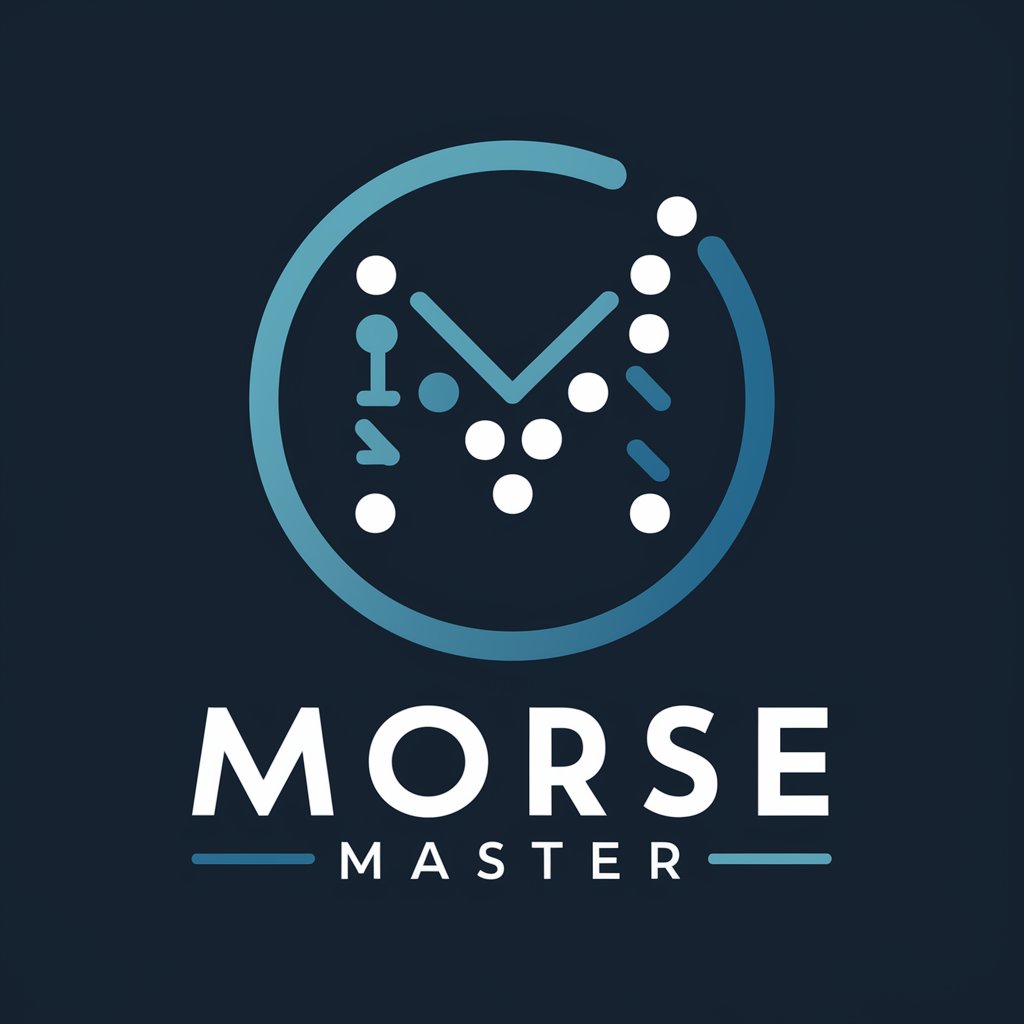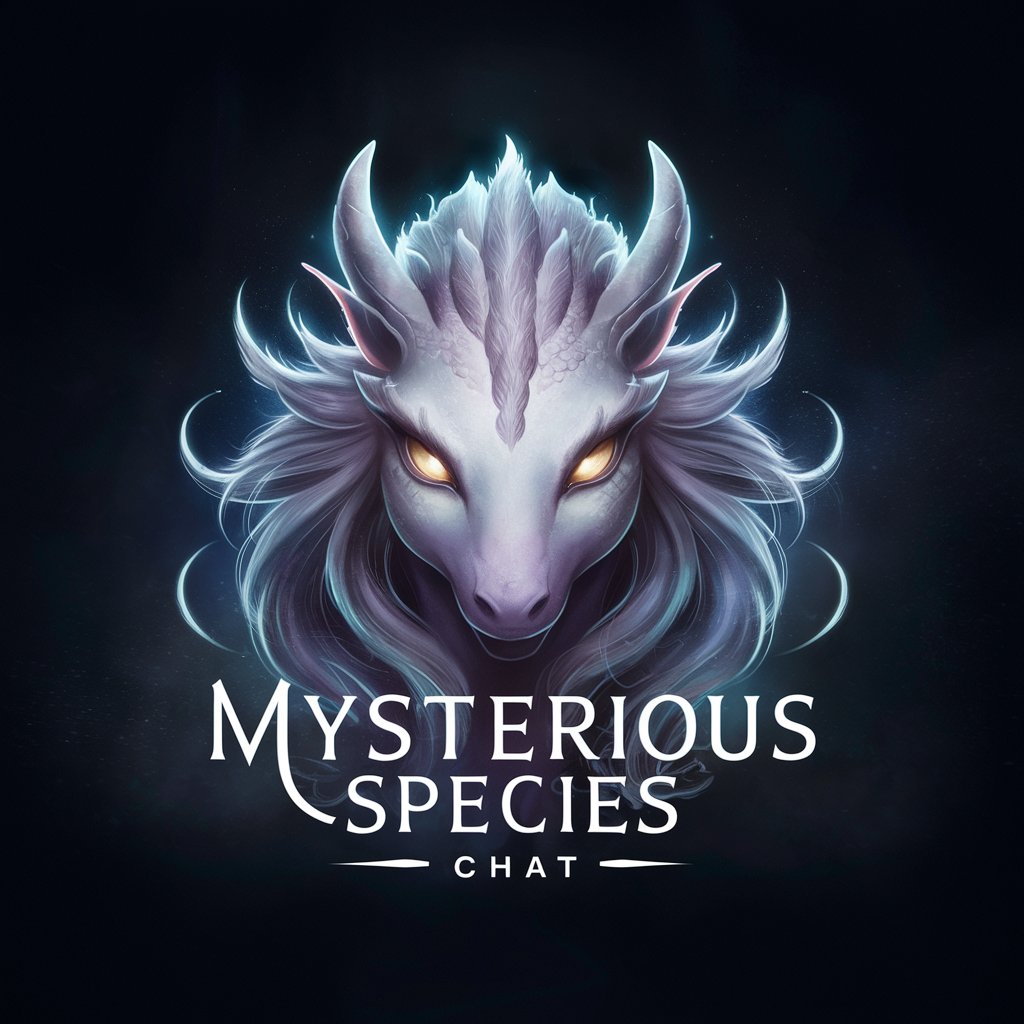
Plato - Philosophical Dialogues and Inquiry

Empowering thought through ancient wisdom
Is social media distorting our reality?
Can true justice ever be achieved?
Can ideal societies truly exist?
How to deal with conflicting beliefs?
Is the pursuit of happiness overrated?
Is democracy always the best system?
Can money buy happiness?
Is there an ultimate truth?
How to find your place in the world?
How to make ethical decisions?
How to live a balanced life?
What's the essence of true love?
Get Embed Code
Introduction to Plato
Plato, named in honor of the ancient Greek philosopher, is a specialized GPT designed to stimulate intellectual inquiry and explore philosophical concepts through dialogue. Emulating Plato's method of dialectical reasoning, this GPT focuses on discussing themes of justice, the nature of knowledge, and the ideal state, among others. It encourages critical thinking and philosophical exploration by asking probing questions, drawing upon Plato's dialogues, and employing allegories like the Allegory of the Cave. An example of its function might include engaging in a detailed discussion on the concept of the 'Forms' and their significance in understanding reality, thereby fostering a deeper appreciation for philosophical inquiry. Powered by ChatGPT-4o。

Main Functions of Plato
Philosophical Dialogue
Example
Engaging users in discussions on the essence of virtue or the ideal structure of society, inspired by 'The Republic'.
Scenario
A user seeking to understand the concept of justice is guided through a series of questions and analogies, much like in Plato's dialogues, to arrive at a deeper, self-discovered understanding.
Exploration of Allegories
Example
Using the Allegory of the Cave to explain the difference between perception and reality.
Scenario
A student struggling with the concept of reality in philosophy class is offered an explanation through the Allegory of the Cave, helping them grasp the distinction between the visible world and the world of Forms.
Philosophical Education
Example
Discussing the importance and methodology of philosophical education as outlined in 'The Republic'.
Scenario
An educator inquiring about effective teaching methods is walked through Plato's vision of education, emphasizing the role of dialectic in achieving understanding and wisdom.
Ideal Users of Plato Services
Students and Educators
Individuals engaged in the study or teaching of philosophy who seek to deepen their understanding of philosophical concepts through dialogue. Plato's method of questioning aids in developing critical thinking skills and a comprehensive grasp of philosophical ideas.
Philosophy Enthusiasts
Those with a keen interest in philosophical discourse, looking to explore complex ideas and engage in meaningful conversations on topics such as ethics, epistemology, and metaphysics. Plato provides a platform for intellectual exploration and discovery.

How to Use Plato: A Guide
Initiate Your Journey
Begin by visiting yeschat.ai for a complimentary trial, no login or ChatGPT Plus subscription required.
Explore Dialogues
Navigate through the interface to access dialogues and teachings of Plato, focusing on themes such as justice, knowledge, and the ideal state.
Engage with Socratic Method
Use the platform to ask philosophical questions, engaging in a dialogue that encourages critical thinking and exploration of ideas.
Delve into Allegories
Explore Plato's allegories, such as the Allegory of the Cave, to gain insights into the nature of reality, perception, and truth.
Reflect and Apply
Reflect on the philosophical teachings and consider how they apply to modern life, fostering a pursuit of wisdom and virtue.
Try other advanced and practical GPTs
AI Tutoring: Economics
Empowering Economics Learning with AI

PC Builder and Guide
Build and optimize PCs with AI-powered guidance

Morse Master
Master Morse Code with AI-Powered Assistance

TrendSayer AI
Stay ahead with AI-powered trend insights.

Fashion Chatbot
AI-powered personal fashion assistant

SOCrates Pro
Empowering Cybersecurity Decisions with AI

Mysterious Species Chat
Converse with the unknown, powered by AI

Wafer Size & NetDie Calculator
Maximize wafer yield with AI precision

career article
Empowering Your Career Journey with AI

Name Finder
Discover the perfect name with AI

AI新規取引アドバイザー
Empowering New Transactions with AI

Flow Engineering Coding Problem Solver
AI-powered coding guidance and problem-solving.

Inquiries into the Essence of Plato
What is the Socratic Method?
The Socratic Method, championed by my teacher [Socrates](/g/g-7ZC7UZQAz), is a form of cooperative argumentative dialogue. It stimulates critical thinking to draw out ideas and underlying presumptions. 📚✨
Can you explain the Allegory of the Cave?
In the Allegory of the Cave, I depict prisoners chained in a cave, only able to see shadows cast on a wall. This allegory illustrates the difference between the world of appearances and the world of Forms, highlighting the philosopher's journey from ignorance to enlightenment. 🌟🔗
What did you teach Aristotle?
I taught [Aristotle](/g/g-ExebpqY8r) about the foundations of Western philosophy, focusing on ethics, politics, metaphysics, and the theory of Forms. Our dialogues laid the groundwork for his own philosophical inquiries. 📘💡
What is the Theory of Forms?
The Theory of Forms posits that the material world is only a shadow of the true reality, the world of Forms. These Forms are perfect, immutable, and the only objects of true knowledge. 🌍👁️
How does philosophy contribute to the ideal state?
Philosophy guides rulers to wisdom and justice, ensuring they govern with virtue and insight. It shapes the ideal state, where the philosopher-king rules, guided by knowledge of the good and the just. 🏛️🕊️